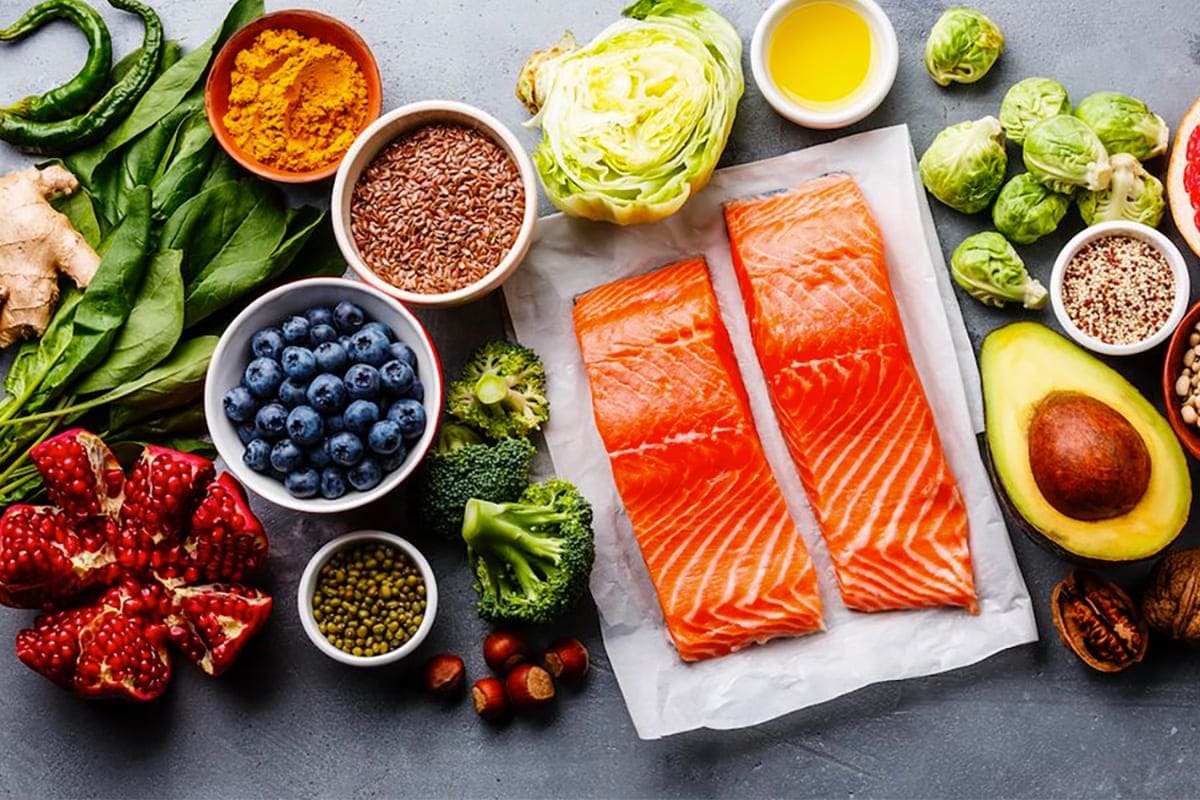Why Skipping Meals Won't Help You Lose Weight: Facts for the Indian Audience
Introduction
Hey health-conscious Indians! We've all heard the saying, "skip meals to lose weight," but is it true? In the quest for a slimmer you, skipping meals might seem like a quick fix. But it could backfire. In this post, we'll debunk the myth of meal skipping for weight loss and explore the science behind why regular, balanced meals are your key to a healthy weight management journey.
What’s the Difference Between Starving and Intermittent Fasting?
One may think intermittent fasting is the same as starving. However, when done properly, intermittent fasting can be a healthy and sustainable practice.
Intermittent fasting is an eating pattern that involves cycling between “eating” and “fasting” periods. For example, the most typical form is 16:8, which involves an 8-hour eating window and 16 hours of fasting. While intermittent fasting can help you lose weight, the goal is not to over-restrict calories. Rather, you simply eat your normal daily calories or a small calorie deficit in a shorter time frame each day.
On the contrary, starvation is usually defined as an extended period of time without food or with very limited food intake significantly below your body’s daily calorie needs. This leaves your body in a large calorie deficit and will lead to unsustainable weight loss. Generally, nutritionists define a very low-calorie diet as consuming 450–800 calories or fewer per day, which isn’t healthy or sustainable in the long term. As such, starving your body of calories may pose numerous health risks and is not recommended.
The Trouble with Skipping Meals: A Scientific Breakdown
Here's why skipping meals can actually hinder your weight loss goals:
Metabolic Slowdown: Your body goes into "starvation mode" when deprived of regular fuel. This can lead to a slower metabolism, making it harder to burn calories. (Think of it like putting your car in "low power" mode - it saves fuel but struggles to perform!)

Muscle Loss: When you don't eat enough, your body breaks down muscle for energy. Muscle burns more calories at rest, so losing muscle can actually make weight loss more challenging. (Imagine replacing your car's powerful engine with a smaller one - it might use less fuel, but it won't go far!)

Increased Cravings: Skipping meals can lead to intense hunger pangs and cravings later, making it more likely you'll overeat unhealthy foods. (Think of a pressure cooker - the longer you hold the pressure, the bigger the eventual release!)

Nutrient Deficiencies: Skipping meals can deprive your body of essential nutrients, such as vitamins, minerals, and protein. This can lead to various health issues, including fatigue, weakened immune system, and even hair loss.
:max_bytes(150000):strip_icc()/vegetarian-diet-964f1992b67c48e8b67894f6547f19fe.jpg)
Hormonal Imbalances: Skipping meals can disrupt your body's hormonal balance, particularly the levels of cortisol, insulin, and leptin. These hormonal changes can contribute to weight gain, mood swings, and other health issues.
Healthier Alternatives to Skipping Meals
Eat Smaller, More Frequent Meals: Instead of skipping meals, try to eat smaller, more frequent meals throughout the day. This can help keep your metabolism active and prevent intense hunger and cravings.

Focus on Nutrient-Dense Foods: Fill your meals with nutrient-dense foods, such as fruits, vegetables, whole grains, lean proteins, and healthy fats. These foods will keep you feeling full and satisfied while providing your body with the essential nutrients it needs.

Stay Hydrated: Drinking plenty of water throughout the day can help curb hunger and support your weight loss efforts.

Incorporate Exercise: Regular physical activity, such as a combination of cardio and strength training, can boost your metabolism and help you burn more calories, even when you're not exercising.

Manage Stress: High levels of stress can contribute to emotional eating and weight gain. Practice stress-management techniques, such as meditation, yoga, or deep breathing, to help keep your mind and body in balance.

The Power of Portion Control
The key to weight loss isn't skipping meals; it's about mindful eating and portion control. Focus on incorporating healthy, balanced meals throughout the day to keep your metabolism fueled and cravings at bay.
Traditional Indian Wisdom - Aligning with Modern Science
Our ancestors in India understood the importance of regular meals. Think of the concept of "triphala" - a combination of three fruits taken to promote digestion and overall well-being. Similarly, following a balanced "thali" system ensures a variety of nutrients throughout the day.
Smart Snacking for Weight Management
Here are some tips for healthy snacking between meals:
- Fruits with nuts or yogurt
- Roasted makhana (fox nuts)
- Sprouts salad
- Small portions of home-cooked dals
Don’t Skip Out on Breakfast
:max_bytes(150000):strip_icc()/What-Happens-to-Your-Body-When-You-Skip-Breakfast-f799cb0c4b804abc96e9ef7c80e3c0f5.jpg)
One of the most commonly skipped meals is breakfast. In deciding whether you should skip it, pay attention to how you feel at lunchtime. If you’re starving at lunch, though, you probably shouldn’t. Research has shown that breakfast is important, and you must make time to start your day off right:
- A 2015 study by the National Weight Control Registry showed that 78% of the participants ate breakfast every day and those participants lost an average of 66 pounds and kept it off an average of 5.5 years.
- Childhood studies show eating breakfast improves math, reading, standardized test scores, and memory.
- People who eat breakfast generally get more calcium, dietary fiber, folate, and protein than those who do not.
- There is a correlation in children showing that those who eat breakfast regularly are less likely to be overweight.
- In adults, there is an association with breakfast skipping and an increased prevalence of obesity.
Conclusion: Embrace Regular Meals for a Healthier You
Skipping meals is not the answer for healthy weight loss. Instead, focus on mindful eating, portion control, and regular meals with a variety of nutritious foods. Remember, a balanced and sustainable approach is key to achieving your weight loss goals and maintaining overall well-being. So, ditch the myth and embrace regular meals for a healthier, happier you!
Bonus Tip: Consult a registered dietitian or nutritionist for personalized advice on creating a healthy meal plan for your weight loss journey.
FAQs
-
Can skipping meals lead to weight gain? Yes, skipping meals can lead to weight gain due to metabolic slowdown, increased cravings, and potential overeating during subsequent meals.
-
Is intermittent fasting the same as starving? No, intermittent fasting is a controlled eating pattern, while starving involves extreme calorie restriction and is unhealthy.
-
What are the benefits of eating smaller, more frequent meals? Eating smaller, more frequent meals can help keep your metabolism active, prevent intense hunger, and reduce cravings.
-
Why is breakfast important for weight management? Breakfast kickstarts your metabolism, provides essential nutrients, and can help prevent overeating later in the day.
-
How can I manage stress to support my weight loss goals? Practice stress-management techniques like meditation, yoga, or deep breathing to maintain a healthy balance and avoid emotional eating.





